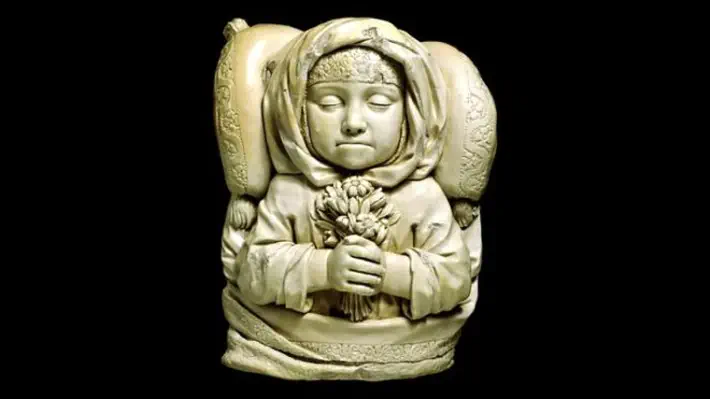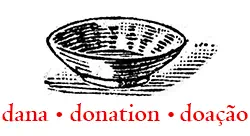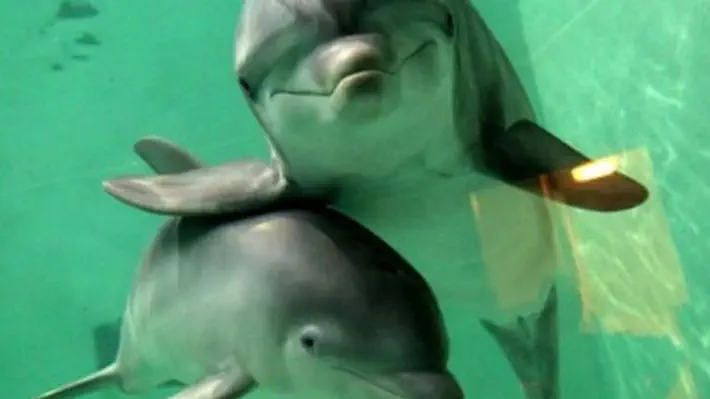 BBC
BBCDolphins deserve human rights
Dolphins should be treated as non-human “persons” and their rights to life and liberty respected, the world's biggest science meeting is told. // “We're saying the science has shown that individuality - consciousness, self-awareness - is no longer a unique human property. That poses all kinds of challenges.” So long, and thanks for all the fish!
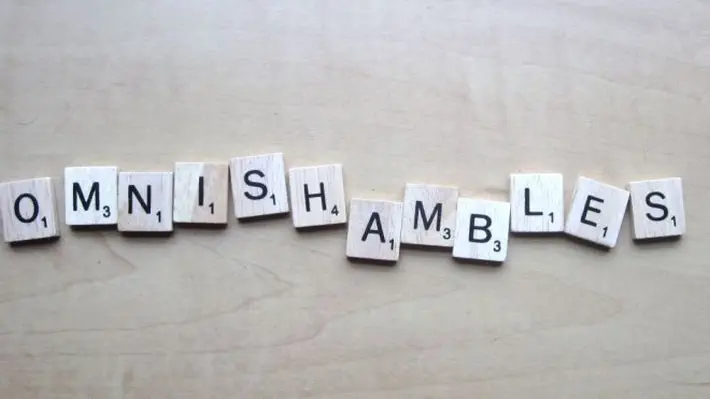 BBC
BBCOmnishambles 'word of the year'
“Omnishambles” is named word of the year by the Oxford English Dictionary, beating “Eurogeddon” and “mummy porn” among others.
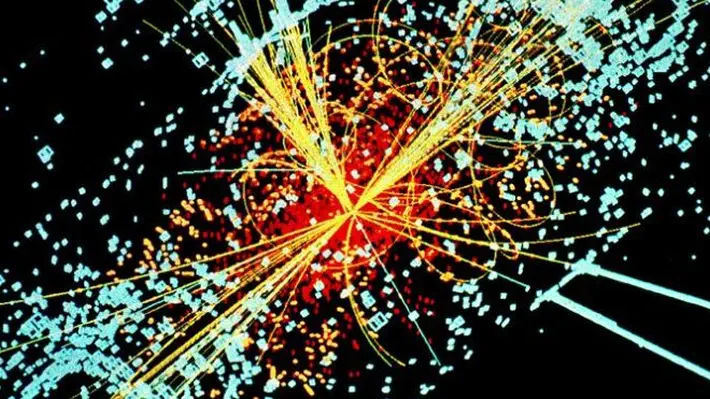 BBC
BBCSupersymmetry theory dealt a blow
Researchers at the LHC detect one of the rarest particle decays seen in nature - and the find threatens a popular theory physicists have been backing.
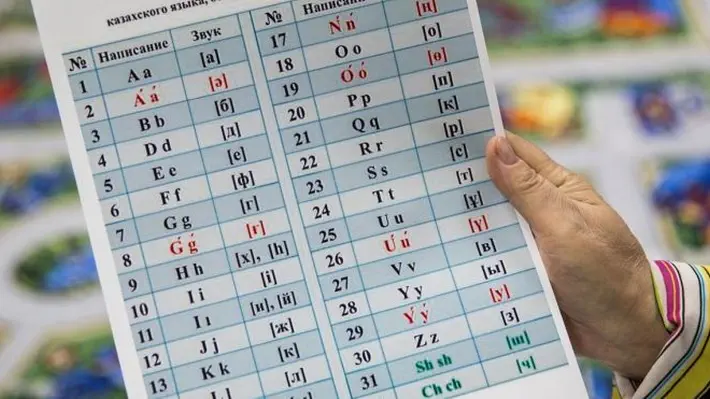 BBC
BBCThe cost of changing an entire country’s alphabet
The Central Asian nation of Kazakhstan is changing its alphabet from Cyrillic script to the Latin-based style favoured by the West. What are the economics of such a change?
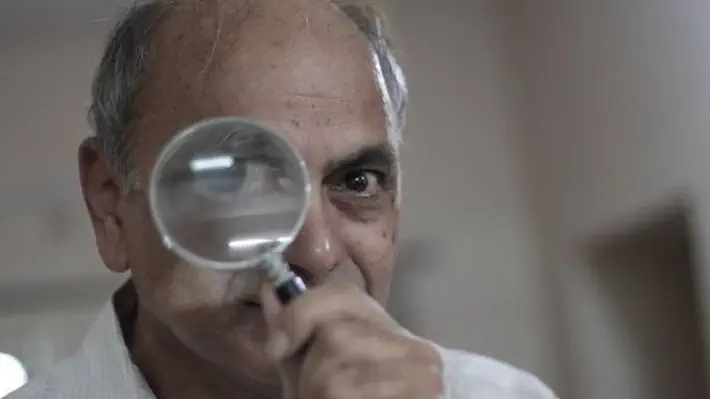 BBC
BBCThe man who 'discovered' 780 languages
Ganesh Devy and his team of 3,500 volunteers have made the largest ever count of Indian languages.
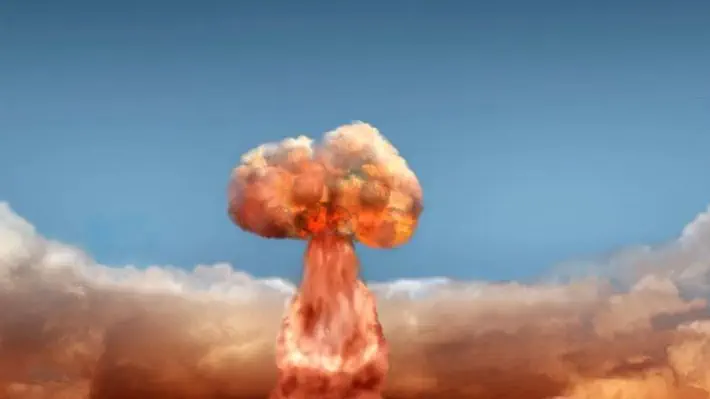 BBC
BBCHow The Bomb changed everything
Nuclear Age anxieties had a profound effect on film, TV, music and literature – artists found creative responses to the spectre of destruction, writes Samira Ahmed.
 BBC
BBCRemarkable decline in fertility rates
There has been a remarkable global decline in the number of children women are having, say researchers.
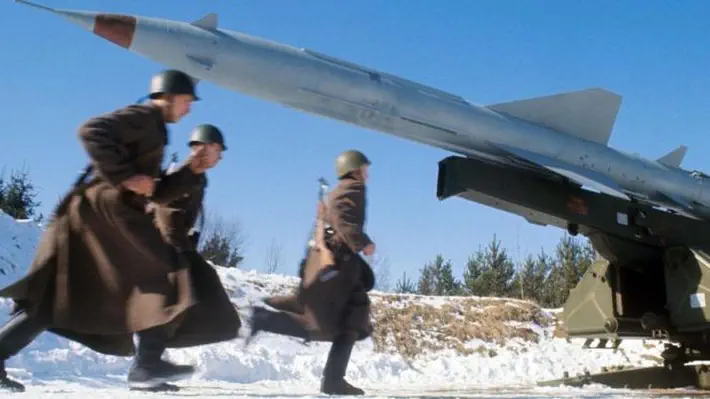 bbc
bbcThe war game that could have ended the world
A military exercise staged 35 years ago this week almost triggered World War Three. BBC Future reports on previously secret documents that reveal what happened.
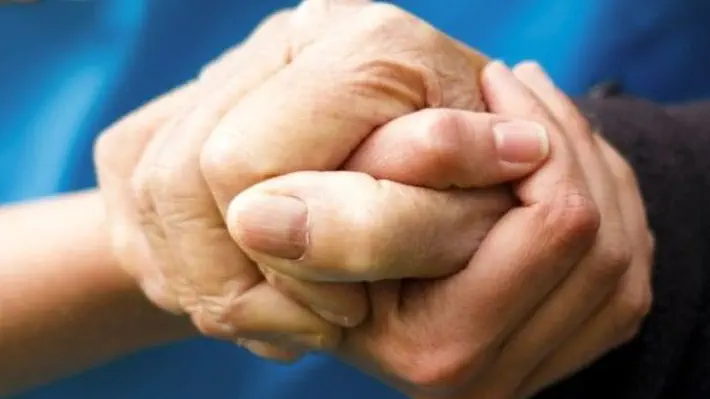 BBC
BBCParkinson's may start in the gut
In the last few years, the gut has become almost a brain by itself. Deep, round and large: interdependence.
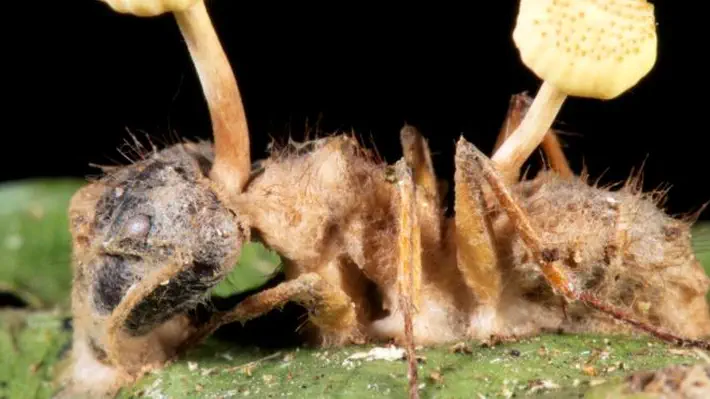 BBC
BBCTen sinister parasites that control their hosts' minds
Some of the creepiest species on Earth are experts in getting their own way. Meet 10 parasites with the power to control their hosts' behaviour
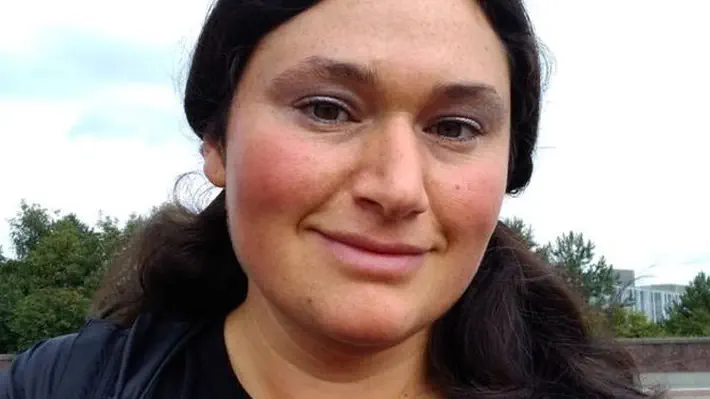 bbc
bbcPoor mental health at work 'widespread'
Poor mental health affects half of all employees, according to a survey of 44,000 people carried out by the mental health charity Mind.
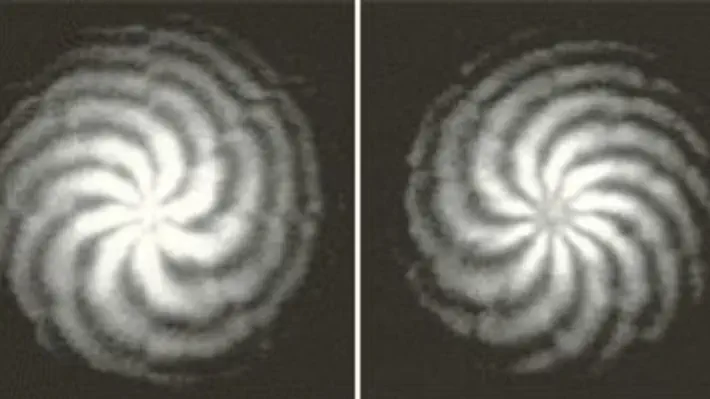 BBC
BBC'Twisted light' idea faces doubts
An idea to put a “twist” into radio and light waves to vastly boost the amount of data they can carry is called into question by a number of scientists.
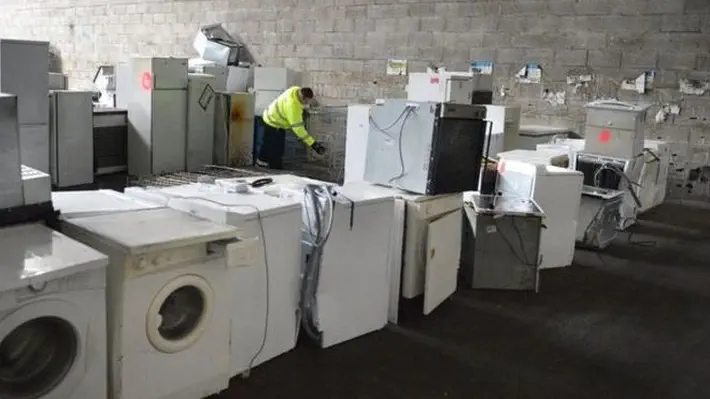 BBC
BBCSweden cuts taxes to curb throwaways
Would you stop throwing things away and get them repaired instead, if it were cheaper to do so? The Swedish government hopes that the lure of tax cuts will prompt some people to get more things repaired instead of just throwing them away.
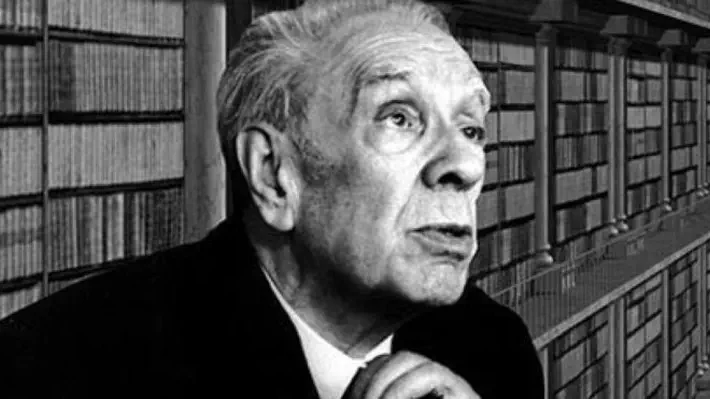 BBC
BBCIs Borges the 20th Century’s most important writer?
Jorge Luis Borges’ mysterious stories broke new ground and transformed literature forever. Everyone should read him, writes Jane Ciabattari.
 BBC
BBCDid Syria create the world’s first song?
Syria’s musical traditions show histories and cultures that transcend contemporary politics and war. This is a country that gave the world song.
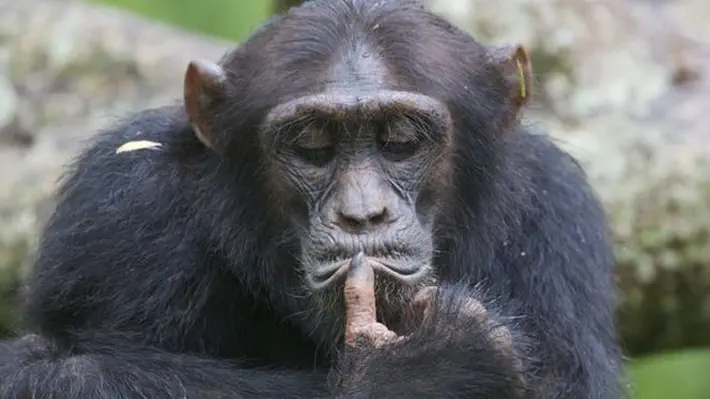 BBC
BBC'Mid-life crisis' for great apes
Chimpanzees and orangutans may experience a U-shaped curve in well-being similar to that in humans, a study suggests.
 BBC
BBCThe rise of passive-aggressive wi-fi names
Some wireless internet users have been setting their network names to send snide messages to their neighbours. Why?
 bbc
bbcWhy Brazilians are always late
Thanks to an unhurried ‘life’s a beach’ attitude, Brazilians – especially those from Rio de Janeiro – have learned neither to expect nor appreciate punctuality.
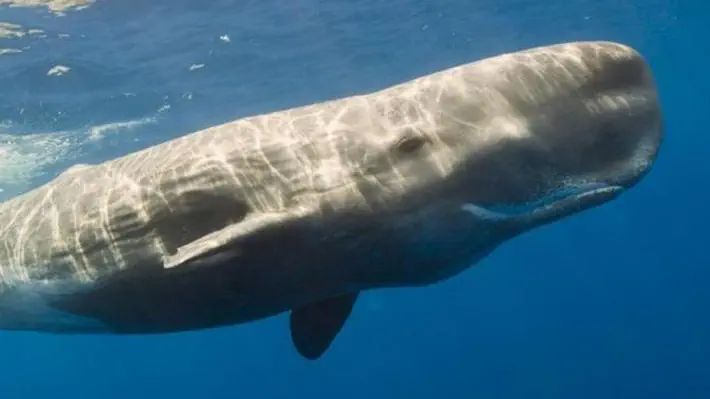 BBC
BBCRecreating the sweet smell of whale poo
Ambergris is a rare, precious substance craved by the perfume industry, but scientists hope they can engineer bacteria to produce the much-coveted fragrance.
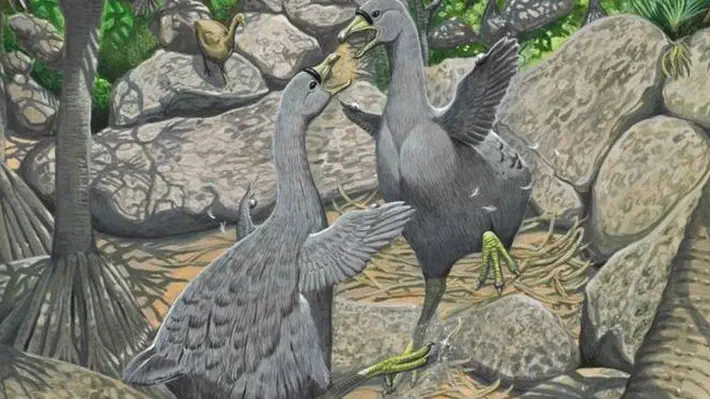 BBC
BBCThe other Dodo: Extinct bird that used its wings as clubs
In the middle of the 18th Century, a large flightless bird became extinct on an Indian Ocean island.
 BBC
BBCA giant arch to seal Chernobyl's sarcophagus
A giant arch to seal Chernobyl's sarcophagus, and cut the risk of a new release of radioactivity, is half way to completion, as work starts to take down the plant's iconic chimney.
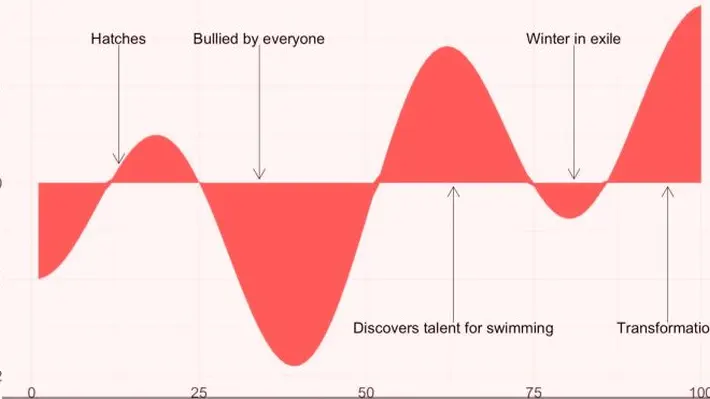 bbc
bbcEvery story in the world has one of these six basic plots
Researchers analysed over 1700 novels to reveal six story types – but can they be applied to our most-loved tales? Miriam Quick takes a look.
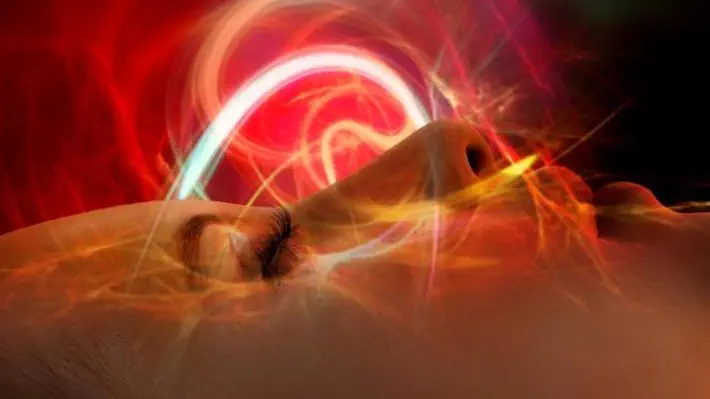 BBC
BBCThe strange link between the human mind and quantum physics
Wait, not so much bs on this one. // Nobody understands what consciousness is or how it works. Nobody understands quantum mechanics either. Could that be more than coincidence?
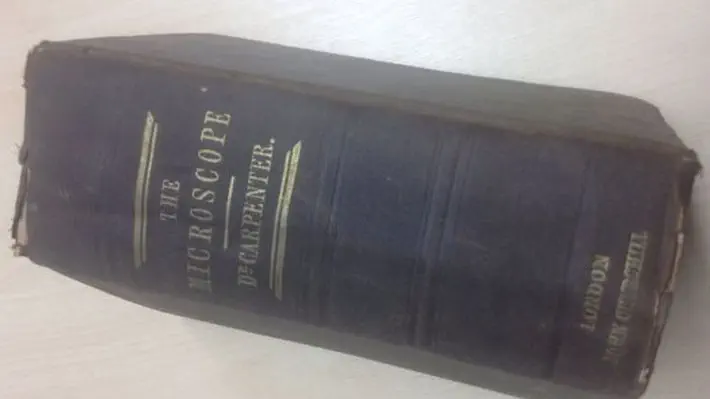 BBC
BBCOverdue library book returned to school 120 years late
A book that had been missing from a school library is finally returned - 120 years late.
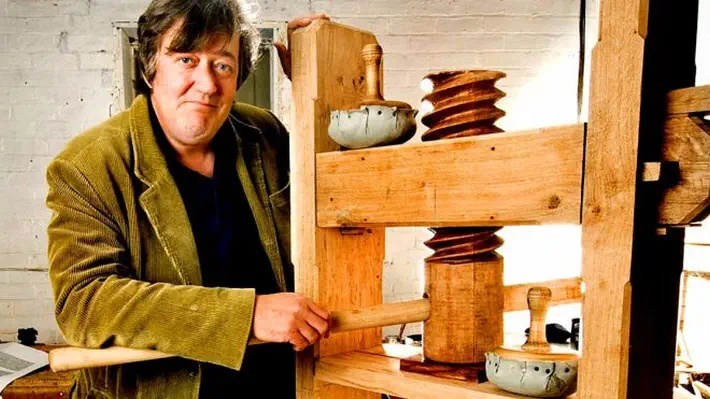 BBC
BBCThe Machine That Made Us
Stephen Fry examines the story behind the first media entrepreneur, printing press inventor Johann Gutenberg, to find out why he did it and how, a story which involves both historical enquiry and hands-on craft and technology. Fry travels across Europe to find out how Gutenberg kept his development work secret, about the role of avaricious investors and unscrupulous competitors and why Gutenberg's approach started a cultural revolution. He then sets about building a copy of Gutenberg's press.
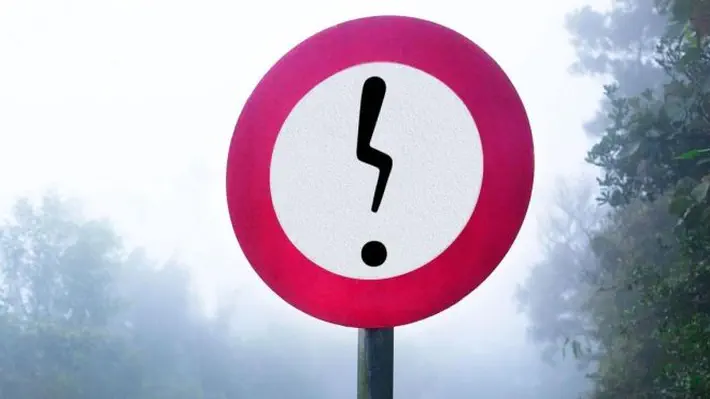 bbc
bbcPunctuation that failed to make its mark
Several writers and inventors in the last century tried to introduce new marks of punctuation into the English language – but they all failed. Keith Houston tells their story.
